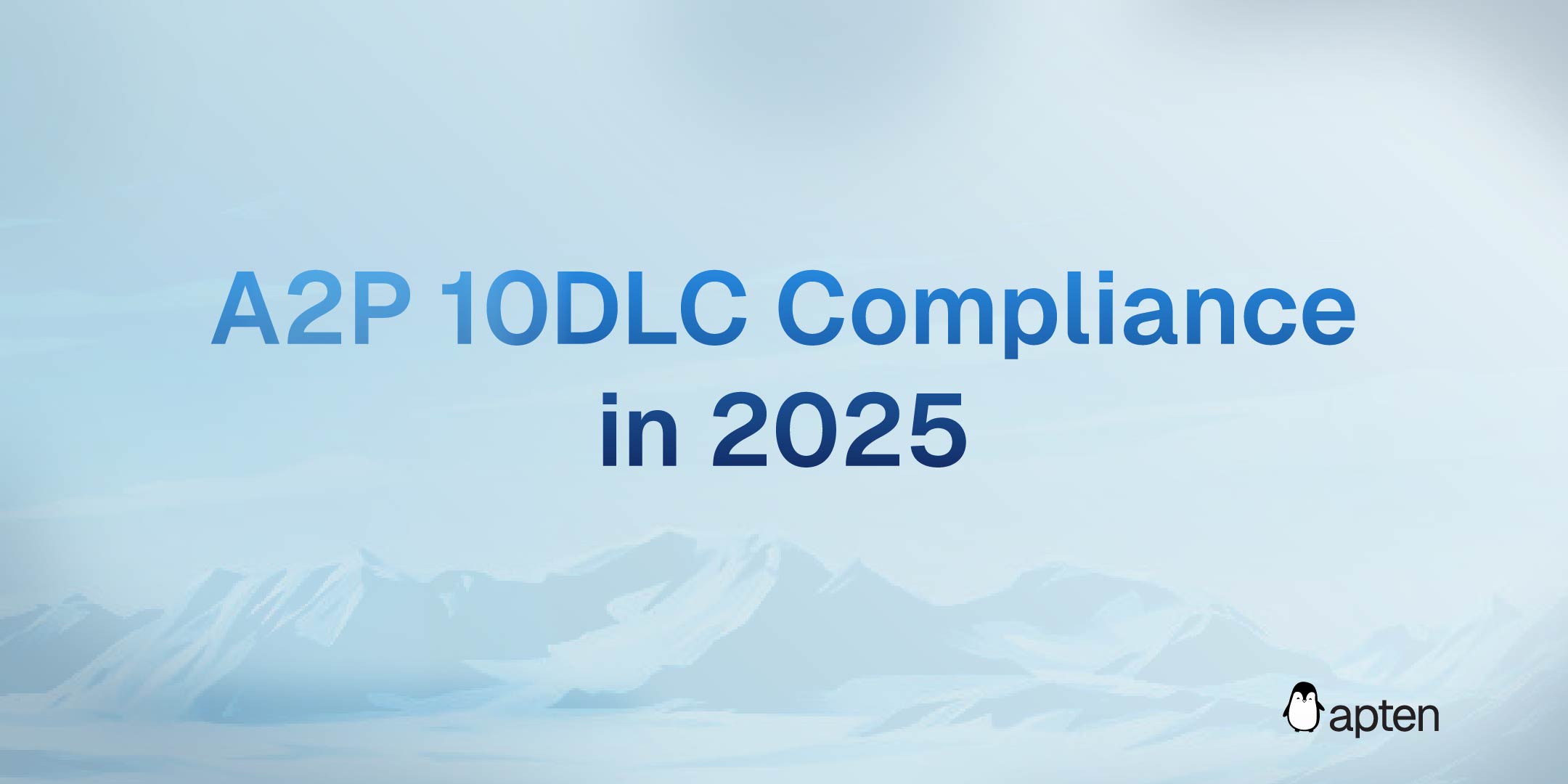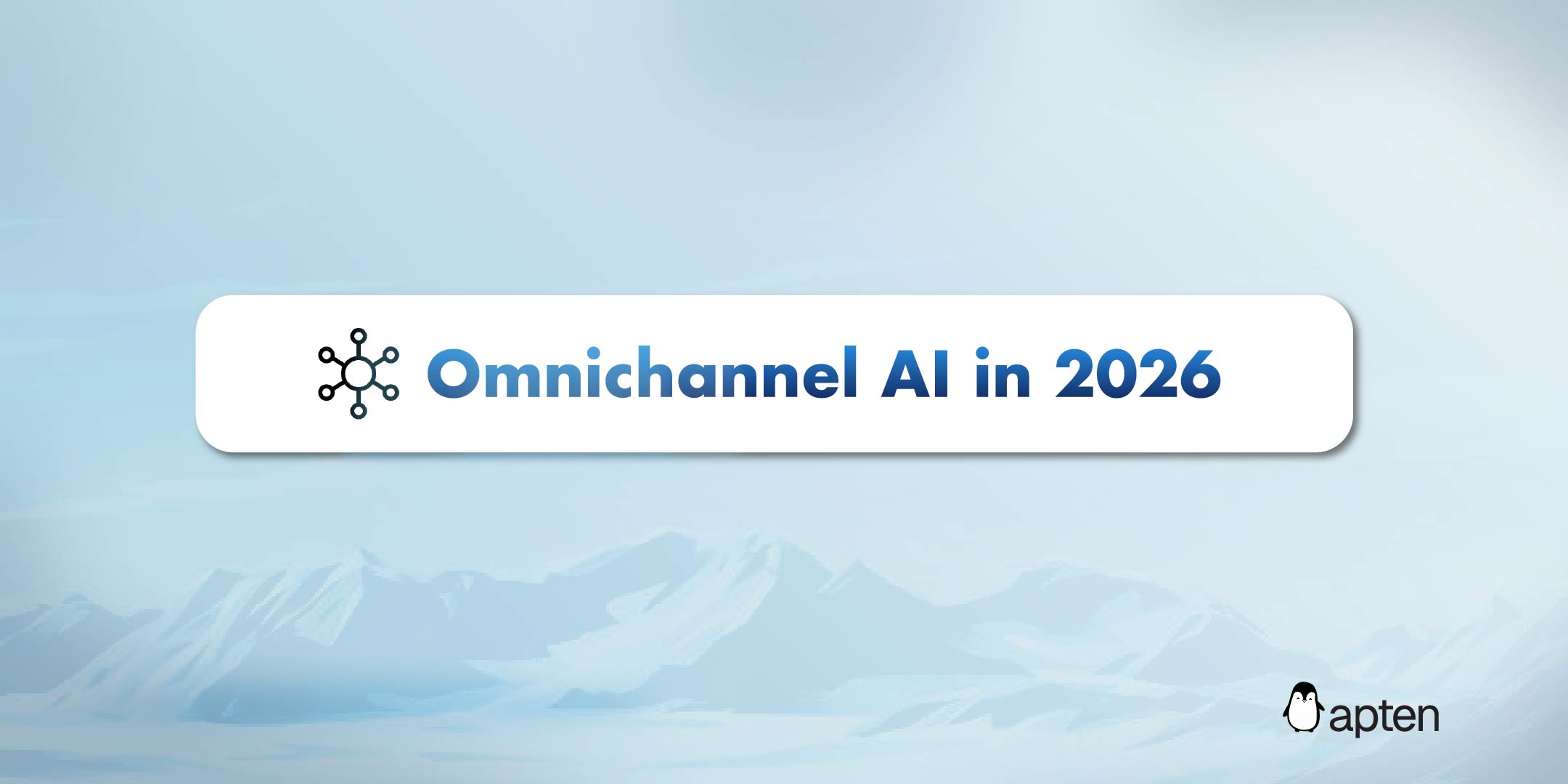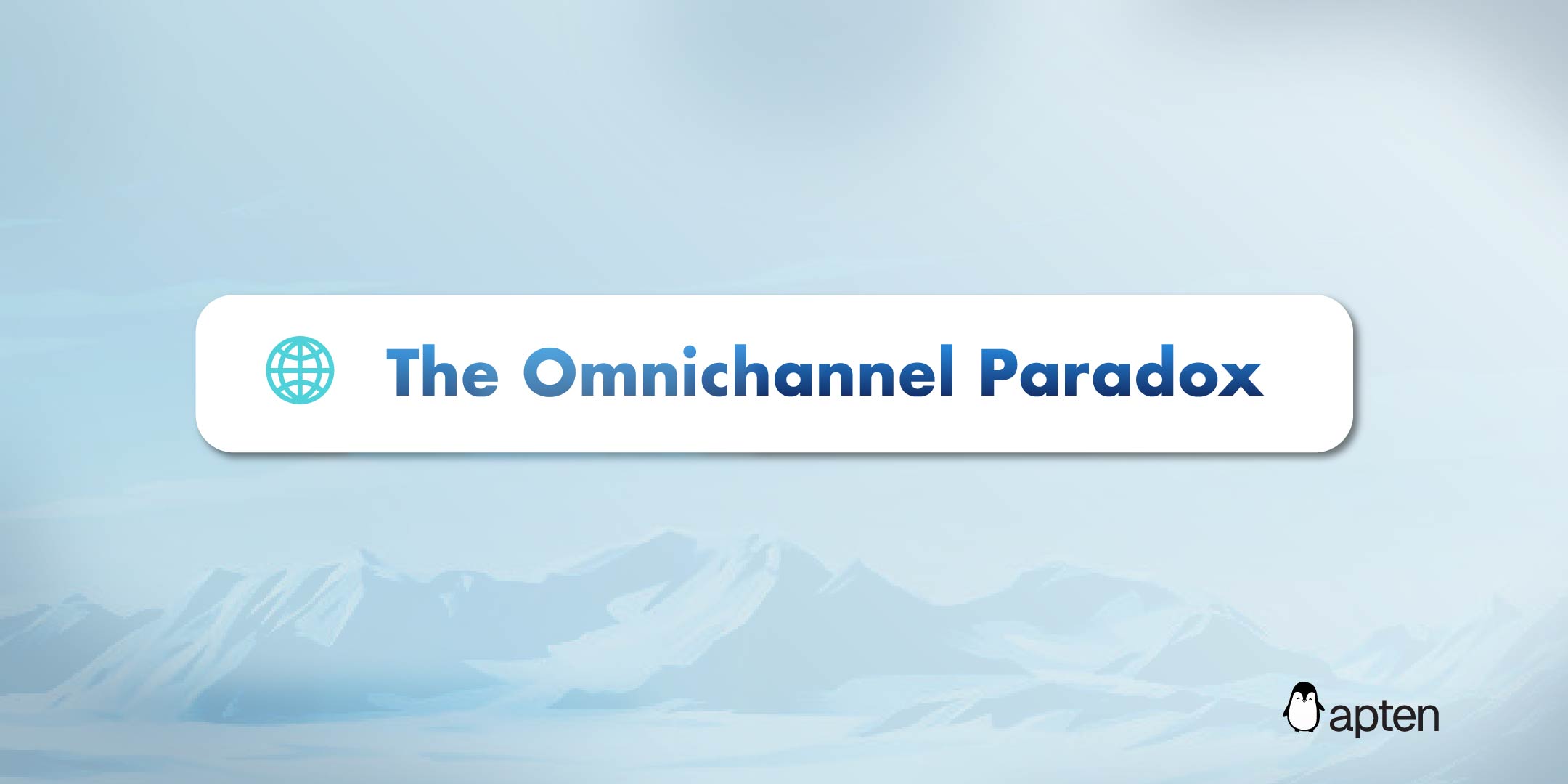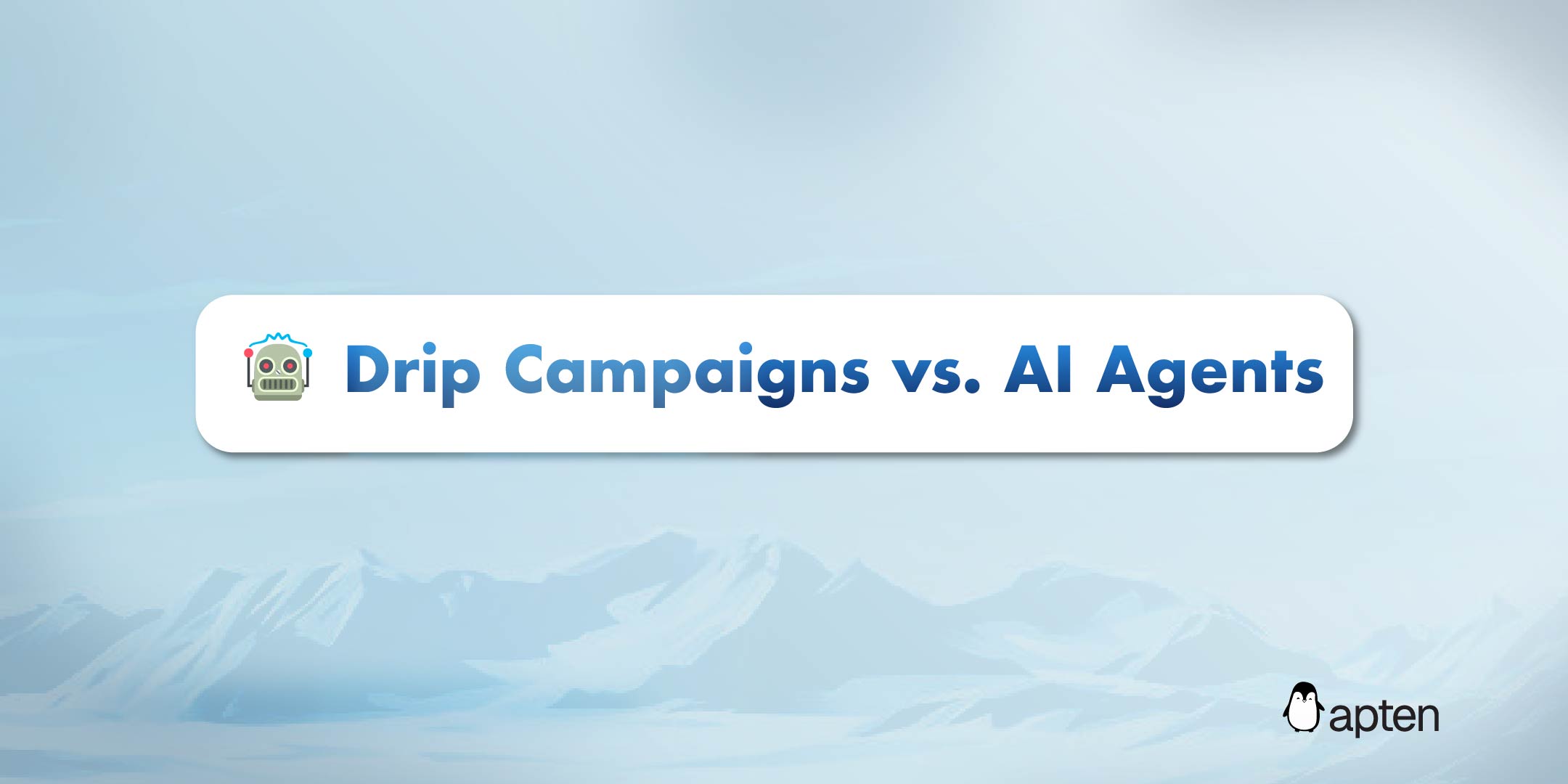What Is A2P 10DLC, and Why It Matters in 2025
In the world of B2C SMS, A2P 10DLC is no longer a nice-to-have -- it’s a hard requirement. If you’re sending text messages from a business to a consumer in the U.S., carriers require that you register both who you are and what you’re sending.
A2P = Application-to-Person (any message from a system, app, or AI agent)
10DLC = 10-digit long codes (local-looking phone numbers, like 415-555-0198)
Why it matters: U.S. carriers want to reduce spam and protect end-users, so they've built a regulated ecosystem to vet every brand and every message campaign. This means unregistered traffic is increasingly throttled or blocked -- even if it’s completely legitimate.
What’s Changed in 2025 (and Why It’s Stricter Than Ever)
Since the launch of A2P 10DLC in 2021, the rules have only gotten tighter. In 2025, enforcement is at an all-time high. Recent changes include:
Carrier filtering is aggressive. Even properly registered campaigns can get filtered if they deviate from their intended use case.
T-Mobile has increased campaign rejection rates. Campaigns must now provide full message samples, opt-in flows, and real use case clarity.
“Stock” or “templated” use cases are being scrutinized. Lazy descriptions like “notifications” or “customer updates” often get denied.
Audits are more frequent. Businesses are now being asked to prove opt-in sources with screenshots, URLs, or full signup paths.
If your SMS platform hasn’t updated its A2P handling since 2023, it’s likely out of spec.
The Most Common A2P 10DLC Mistakes (and How They Hurt Your Deliverability)
Here’s where most companies (and platforms) get it wrong:
1. Using Unregistered or Improperly Registered Phone Numbers
If you’re sending from a U.S. long code that hasn’t been approved through The Campaign Registry (TCR), your message is almost guaranteed to be blocked. And no -- using a Twilio or Bandwidth number doesn’t make you compliant by default.
2. Filing Vague or Misleading Campaign Use Cases
Campaigns like “customer support” used for sales follow-ups get flagged. So do unclear descriptions like “notifications” or “account updates” when the actual messages promote services or request reviews.
💡 Tip: Carriers want you to be specific:
“We use AI agents to follow up with insurance leads who requested quotes, provide additional options, and qualify them for phone calls.”
3. Skipping or Faking Opt-In Documentation
Saying you have consent isn’t enough. You must:
Describe how users opt in (e.g., “via quote form at insurancequotehub.com”)
Include exact message samples during registration
Be ready to prove consent on demand with a real signup URL or screenshot
Failing to provide this gets your campaign denied -- or your traffic flagged.
4. Using URL Shorteners or Spammy Language
Words like “FREE,” “ACT NOW,” or “WIN” in all caps, or sending messages with bit.ly/shortened links, are major red flags. Even if your campaign is registered, these will trigger carrier filtering.
5. Failing to Register Each Use Case Separately
If you have multiple outbound flows -- e.g., quote follow-up vs. post-sale surveys -- you may need separate campaigns. Reusing one campaign for unrelated flows is a compliance risk.
6. Not Mapping Message Traffic to Approved Content
Even after a campaign is approved, sending different types of messages than what was registered can get your campaign suspended. Carriers match your actual messages against your campaign sample messages in real time.
How Apten Handles A2P 10DLC for You (So You Don’t Have To)
With Apten, A2P 10DLC compliance is fully managed for you from Day 1 -- no paperwork, no guesswork.
Here's what we do behind the scenes:
Automatic brand and campaign registration with The Campaign Registry (TCR)
Custom campaign registration support
Automatic opt-out handling and tracking
Dynamic message review + QA to ensure every outbound message aligns with your use-case
You focus on building a better lead journey. We handle the maze of carrier rules.
Why This Matters for AI SMS + Voice Agents
AI agents rely on message delivery. If a message is blocked:
No conversation gets triggered.
No follow-up happens.
No conversion occurs.
That’s why Apten was built with compliance as infrastructure -- not an afterthought.
Whether it’s SMS, voice calls, or email, Apten ensures your outreach is:
Legitimate (carriers recognize and trust your messages)
Scalable (you can run thousands of conversations without manual intervention)
Compliant by design
Final Takeaway
A2P 10DLC compliance isn’t just a legal checkbox -- it’s a core pillar of successful AI-powered outreach. If you’re automating messages but ignoring registration, your results will suffer. Hard.
At Apten, compliance isn’t your problem. It’s our foundation.
Let our platform handle the complexity -- so your messages land, your leads engage, and your sales team wins.
👉 Ready to send smarter, compliant outreach at scale?
Book a demo and we’ll walk you through how Apten does it better -- and legally.



